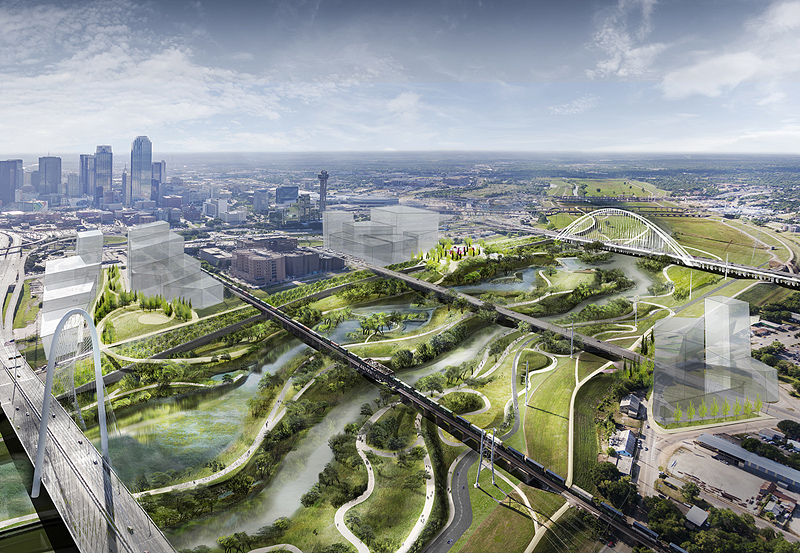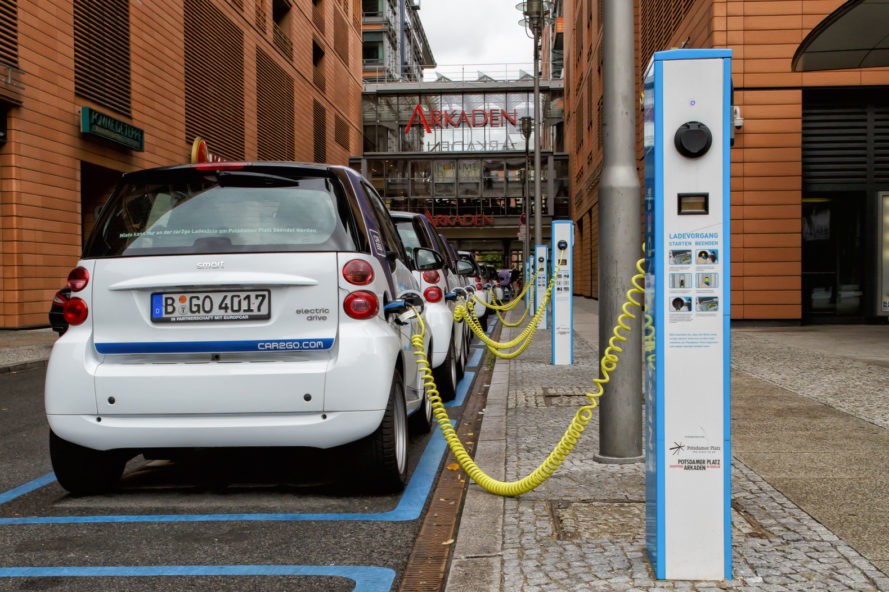
by GaiaInnovations | Dec 21, 2016
Dallas, Texas is about to become one of the greenest cities in America – by building one of the country’s largest urban nature parks. Dallas’ new “Nature District” will comprise a staggering 10,000 acres, including 7,000 acres of the Great Trinity Forest. The Trinity River Park designed by Michael Van Valkenburgh Associates could revitalize a Dallas floodplain into a lush green recreation space.
The Trinity River Park will provide visitors with access to playgrounds, lawns, and riverside trails. The design aims to enhance the natural beauty of the area while minimizing flooding damage in Dallas. Michael Van Valkenburgh Associates said they worked with government engineers to ensure the infrastructural soundness of the floodplain so that the park transforms flooding “from a natural disaster into a breathtaking spectacle.”…
Read the rest of the article by Lacy Cooke in Inhabitat.

by GaiaInnovations | Dec 21, 2016
The world’s most populous country is about to invest a whole lot of money in clean energy. Clean Technica reports that China is planning to spend about $174 billion on hydroelectric and wind energy projects over the next four years. The news comes from reports from China’s National Energy Administration (NEA) that were obtained recently by Reuters.
To break it down further, China’s NEA is planning to spend about 1.2 trillion yuan, or $174 billion U.S. on renewable energy between 2016 and 2020. That money will largely go towards the construction of new wind farms, the building of which is predicted to provide about 300,000 jobs over the next four years. They’re also planning to put in place a market-based subsidy for the wind industry…
Read the rest of the article by Colin Payne in Inhabitat.

by GaiaInnovations | Oct 19, 2016
Germany’s Federal Council (Bundesrat) voted to approve a ban on new combustion engine vehicles beginning in 2030. This move solidifies the opinion outlined earlier this summer to slash emissions in privately owned passenger cars. The Federal Council, which represents the nation’s federal states, approved the measure in order to cut emissions in accordance with the goals set forth in the Paris climate agreement, which Germany ratified just weeks ago. The Council has also asked the European Commission to consider implementing a ban like this across the European Union; given the long history of German policy influence, it could happen.
Read the whole article by Cat DiStasio in Inhabitat.


